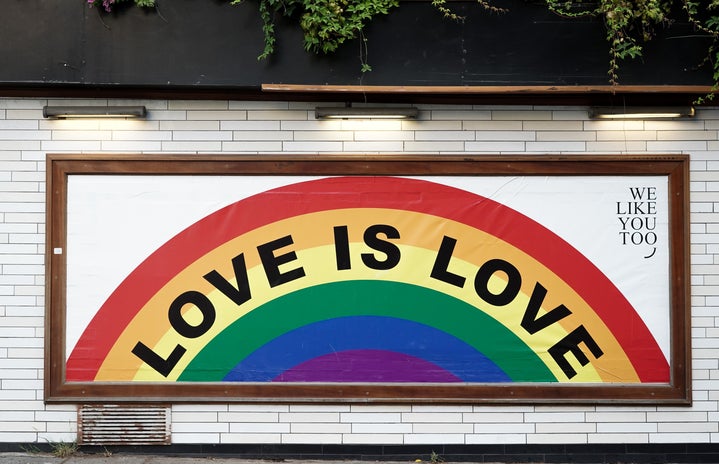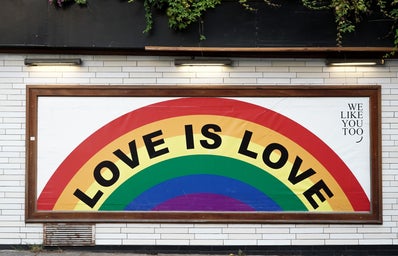BL is a short term for “Boys Love.” In other words, it means gay, yaoi, boy x boy. The BL genre is nothing new to the scene. It has actually been around for a while, largely in manga or anime format since 1960. It has also been extremely diverse from the get-go with many different genres and settings. The controversial genre was introduced in the 70s, mainly created for an audience of women by women, but the term has since evolved to refer to any fictional media that depicts romantic relationships between men. Fan fiction, anime, webtoons and now, Boy Love dramas, have become increasingly popular among a diverse audience worldwide. Proving that today’s audience is ready for media that does not conform to the heteronormative narrative.
As a BL watcher myself, for many years I have seen the rise in it’s popularity. More people became curious about the BL series and soon found themselves falling into a rabbit hole. So, what is the deal with BL?
The popularity of this genre is increasing exponentially, whereas now it seems a global phenomenon. This is because gay content has always been enjoyed outside the LBGTQA+ community.
Love is universal and whether it is two men, two women, a man and a woman, or a pairing of other genders or sexual identities, it all reads the same – people falling in love.
Other reasons for its popularity is that BL is new and exciting, the actors and their chemistry, straight women are more attracted to handsome guys and this is my opinion, but the lack of importance to label (in some cases) is also up there. Also, it’s refreshing to see a story about two people falling in love that does not turn their entire world upside down.
The 21st century has already seen many cultural shifts and changes, one of the most positive of those has been the push for global acceptance of LGBTQA+ people. Even though this is amazing, we still have a long way to go. All the media and love stories we see is about straight people. And when you are placed in the spectrum of diverse sexuality, you want to watch Adam loving Steve but all you get is a comedic representation. Slowly, BL dramas give you what you want. Those cliché scenes presented by female leads are also doable with men. And that is what I, and many people around the globe, are eager to watch. Although these series are entertaining, that’s not the only reason we enjoy them. Representation is crucial to marginalized communities, mainly to identify yourself in a character or to learn and become more mindful on different topics. In that sense, it is not just the growth of an entertainment genre at stake. A setback for BL is a setback for LGBTQA+ representation.
BL producers are also careful not to push their luck. Critics of BL within the queer community, say the genre presents a soft-focus version of what it means to be gay and fails to reflect the systematic discrimination faced by LGBTQA+ community. Although some BL series have not shied away from discussing social issues like corruption, drugs, and political protest; the critic’s statements are agreeable.
There is a lot we can do for LGBTQA+ representation in the media, but BL has been a huge step forward. For example, the popularity around GL (Girl Love) has also been on the rise and I would not be surprised if in some years it is as popular as BL.


